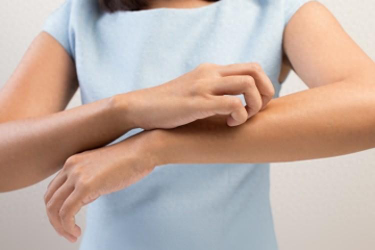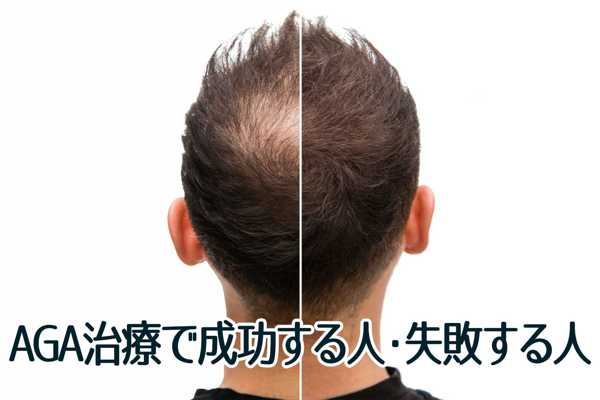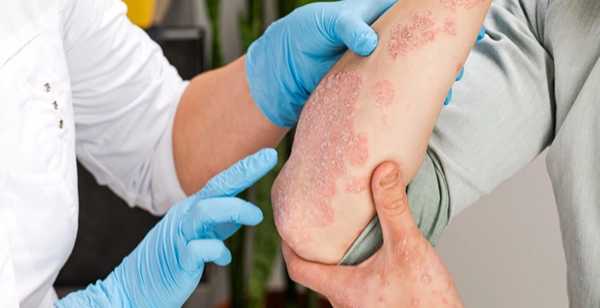【2025年最新版】猫フードおすすめ|無添加・グレインフリー・プレミアムフードを徹底比較!
Everything You Need to Know About HIV Rash
HIV (Human Immunodeficiency Virus) weakens the immune system, making individuals more susceptible to infections, including skin rashes. HIV-related rashes are common, especially in the early stages of infection, and can appear within the first few months. Here’s what you need to know:
HIV (Human Immunodeficiency Virus) weakens the immune system, making individuals more susceptible to infections, including skin rashes. HIV-related rashes are common, especially in the early stages of infection, and can appear within the first few months. Here’s what you need to know:

What is HIV Rash?
HIV rashes are often flat, red spots with small bumps, commonly found on the hands, legs, face, and chest. These rashes are usually itchy and can appear within two months of HIV infection. They may be caused directly by the virus or as a side effect of HIV medications.
Causes of HIV Rash
- HIV Infection:As the virus affects the immune system, it can lead to skin issues.
- Medication Side Effects:Certain antiretroviral drugs can cause allergic reactions, leading to skin rashes.
Factors that Worsen HIV Rash
- Infections and Illnesses:Can aggravate the rash.
- Medications:Certain drugs may worsen skin reactions.
- Sun Exposure:Prolonged sunlight can trigger flare-ups.
- Diet and Skin Care Products:Changes may irritate the rash.
Types of Rashes
- Seroconversion Rash:Appears shortly after initial HIV infection, usually on the chest or back, and is not itchy.
- Cellulitis:A bacterial infection causing redness, swelling, and pain, common in HIV patients.
- Herpes:HIV-positive people are more prone to severe herpes outbreaks, including shingles.
- Ringworm:A fungal infection causing circular, red rashes, common in HIV-positive individuals.
When to See a Doctor
Consult a healthcare provider if the rash:
- Lasts for several days or worsens.
- Is painful or associated with flu-like symptoms.
- Causes severe itching or discomfort.
Conclusion
HIV rashes are a common symptom, either caused by the virus itself or medication side effects. Prompt medical attention can help manage rashes effectively and prevent complications. Always consult a healthcare provider for diagnosis and treatment.











